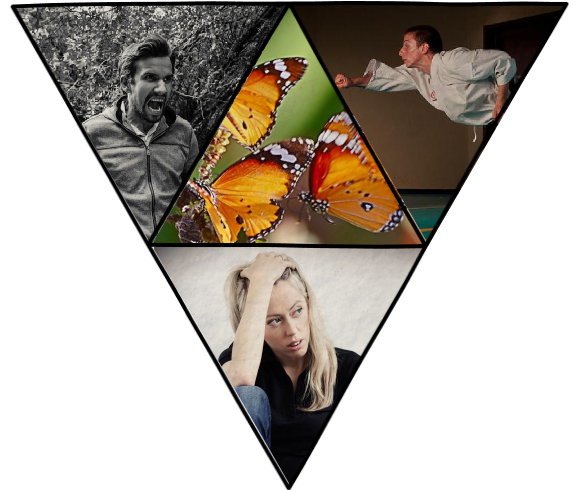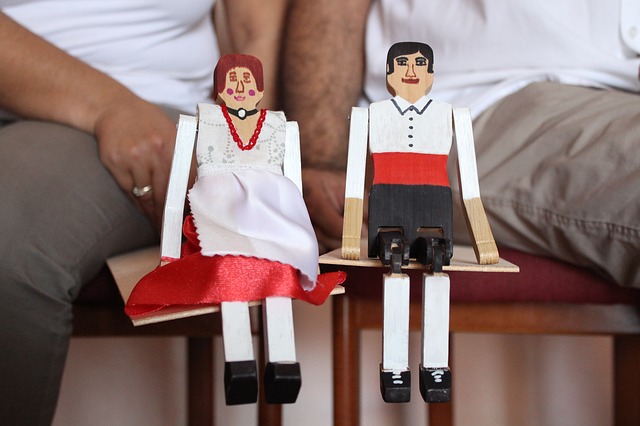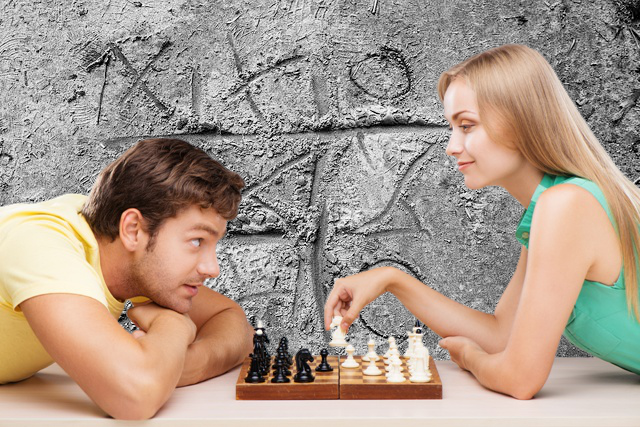November 19, 2015,
 Games People Play, Relationship, Script
Games People Play, Relationship, Script 

Grown-ups mind games: ‘Why don’t you..?’ and ‘Yes, but…’
When we were children, we all used to play games, most of them funny and harmless. The older we got the more intensive the games became. And because a child’s mind is so easily shaped the games he observes, and is often a party to, during his childhood becomes the games he is most likely to play himself as an adult.
“Why don’t you” and “Yes, but…” are typical examples of the games people play.
This is actually two games, but the one could not exist without the other. Here is how these games are played:
These games are most often played by partners in a relationship. One is constantly in need of assistance and attention, while the other is more than willing, in the first instance at least, to help out.
The pla...
Read More










 We need to spice up our life every now and then and, as my husband and I so often do, we play teasing games with each other. But when do games that are played in jest become something more serious game with a negative consequence for the relationship? And how do we tell them apart?
We need to spice up our life every now and then and, as my husband and I so often do, we play teasing games with each other. But when do games that are played in jest become something more serious game with a negative consequence for the relationship? And how do we tell them apart?






